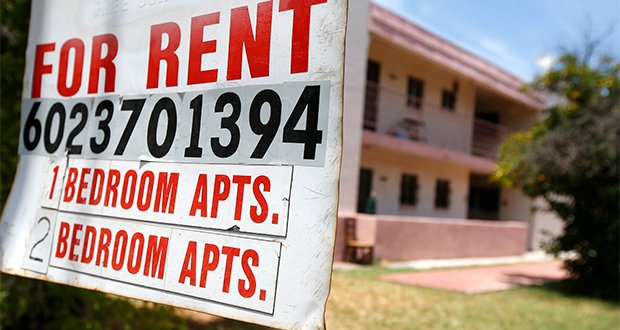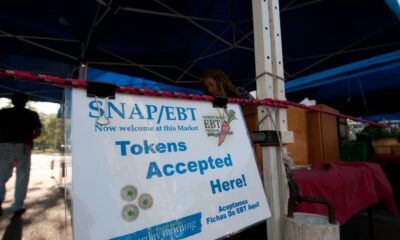affordable housing
‘Starter Homes’ Bill Poses a Risk to Arizona Neighborhoods

This legislative session has seen several bills navigate through the Arizona Legislature, posing threats to the affordable housing crisis in areas like North Central Phoenix. While many have been defeated or stalled, the Starter Homes bill (SB1229) remains a pressing concern.
There’s a clear need for affordable housing solutions. However, shortcuts that exacerbate existing problems are not the answer.
Strong neighborhoods are essential for thriving cities. Zoning encompasses land use and the creation of communities where families can thrive and contribute economically. Properly zoned neighborhoods ensure the effective allocation of public services, including police, fire protection, sanitation, and schools.
Responsible growth and new laws are essential for increasing housing affordability. Unfortunately, recent legislative actions have created obstacles instead of removing them. Arizona is among seven states that ban local governments from implementing mandatory inclusionary zoning. This limitation denies counties the ability to pass regulations that would necessitate the construction of affordable housing. State laws also prevent restrictions on rent prices, further complicating the crisis.
Recent housing bills fail to address the need for affordable housing and sensible zoning, weakening local control over community planning. Some proposals threaten existing zoning protections and risk construction that clashes with the character of historic neighborhoods, neglecting infrastructure limitations. SB1229 incorrectly assigns blame to city zoning for housing issues while ignoring the actual causes of affordability problems and threatening historical communities.
The passage of one-size-fits-all bills like SB1229 could bring sweeping changes across neighborhoods statewide. Local control would diminish, with historic and single-family homes potentially replaced by higher-density housing, undermining community dynamics. In this scenario, out-of-state investors would benefit while residents bear the consequences.
From 2021 to 2023, housing prices surged by 56%, driven partly by investor acquisitions, which accounted for one in four homes sold. Short-term rentals have further inflated home values, raising concerns about future developments. This approach prioritizes a few at the expense of many and fails to address the core issues of affordable housing.
As urban areas expand, the significance of maintaining locally controlled zoning policies becomes increasingly clear. Neighborhood leaders often have practical insights but are frequently sidelined. It is crucial to ensure that development preserves the integrity of existing communities. Local expertise could contribute to solving the affordable housing deficit, yet residents opposing harmful bills are often mislabeled as anti-development. This disinformation campaign hampers constructive dialogue.
SB1229 would prevent cities from requiring certain design features aimed at creating affordable homes for first-time buyers. According to a survey by the League of Arizona Cities & Towns, 73% of respondents trust their local governments to assess housing needs, while 85% want local input in community development. Moreover, 77% recognize the necessity for more affordable housing in their neighborhoods.
Legislators must assess the implications of statewide housing bills critically. Previous legislation has hindered affordable housing efforts; allowing the same mistakes to recur could jeopardize the neighborhoods that form the foundation of our communities.
Mary Crozier serves as president of the North Central Phoenix Homeowners Association.


















